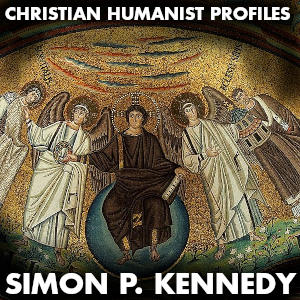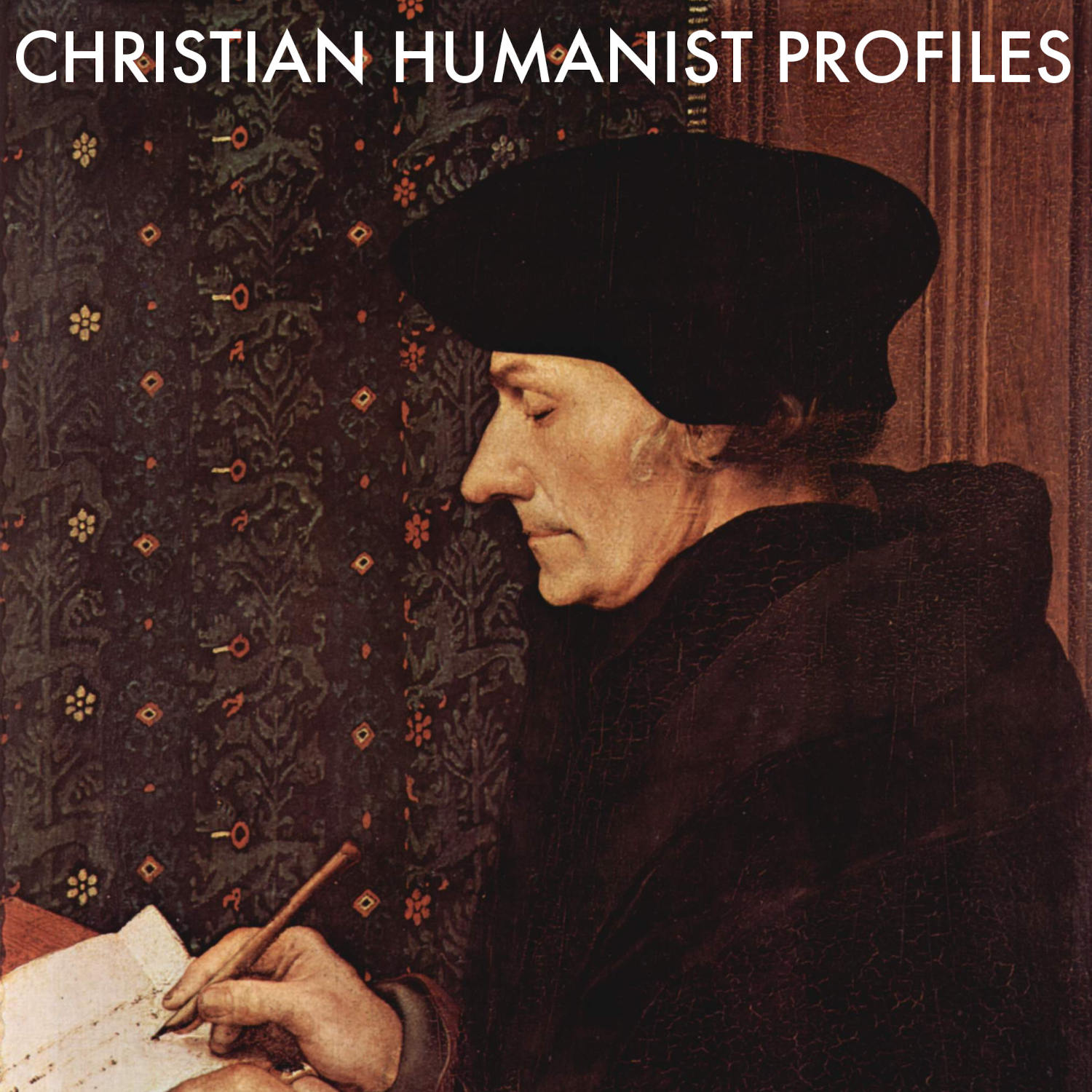Walter Brueggemann did not only teach me to read the Bible: he taught me to read. In the twenty-two years since I first read A Theology of the Old Testament I’ve been bringing the questions that book poses to Biblical texts over to every literary text I’ve come across: in what ways am I reading primary testimony or counter-testimony as I take on Toni Morrison or John Milton or Sophocles? How are these texts relating to and creating audiences when I teach Shakespeare or Plato or James Baldwin? And where do my own readings fit into stories of interpretive and disciplinary conversations whenever I engage with any text? Those questions keep on doing their work in Brueggemann’s recent collection of essays Resisting Denial, Refusing Despair, and Christian Humanist Profiles is thrilled to welcome him back to the show.

When I got serious about Christian discipleship in the early nineties, Christian worldview was in the air. The menace of secular humanism loomed large,...

David Grubbs interviews W. Brian Shelton about his recent book.

Coyle Neal interviews Robert W. Caldwell about his new book "Theologies of the American Revivalists."